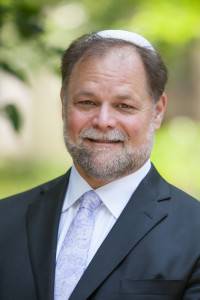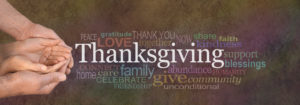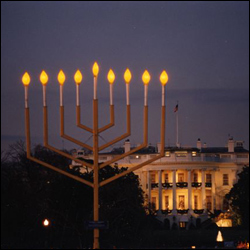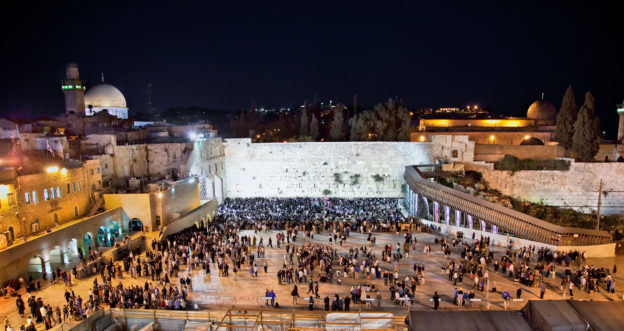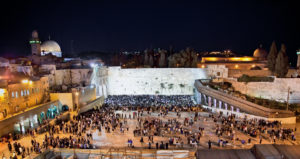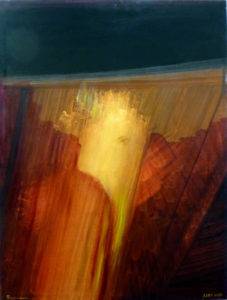
Ki Tisa is so timely coming in the wake of the Parkland tragedy. The giving of the Law, the singular seminal moment in the Jewish people’s experience, is juxtaposed against the story of the Golden Calf and revolt, the nadir of the Jewish experience. In the immediate aftermath of Parkland, our conversation has devolved into diatribe and intransigence. Seventeen dead barely buried and already we hear polarizing voices condemning and chastising those who do not share the same viewpoint.
Everyone has an idea about how to approach the problem that we have in America. And everyone has an opinion on what the problem is. And sadly, no one is willing to listen to anyone else, particularly when it comes from “the other side.” Whether you think the idea is good or bad, President Trump’s suggestion to arm trained teachers to carry concealed weapons into the schools should be part of the conversation. But the left would rather attack the idea and vilify the person rather than consider the merits of the argument as part of a broader conversation. The NRA would rather demonize those who do not embrace its views instigating people attending the CPAC conference to entrench against the subversive left instead of becoming part of a national discourse.
We need to create a safer more secure society and work towards solutions that address violence. There is no single fix, there is not even a single problem. The issues are deep and multi-layered. I suggest two things to start:
First, we charge the CDC with doing a deep and full study of gun violence in America. All comprehensive analysis has been thwarted by the Dickey amendment since the CDC’s last investigation in 1993. We need to have an intelligent conversation about gun violence and that starts with knowledge.
Second, we need to listen more and talk less. Everyone needs to try to appreciate the position of the other side. You may believe that a gun has absolutely no place in our society at all. There are those who are diametrically opposed to that viewpoint. Both sides have something important to contribute to the national conversation. Until we can stop characterizing the other as “enemy” there is no room for constructive discussion.
Reach out to your congressman and senator to demand the CDC does the important investigative work to provide insight and analysis. Then as a nation, we can move toward finding solutions to the problems we all face. There are solutions to the problem that can make for a better and healthier society. We must find them together.




